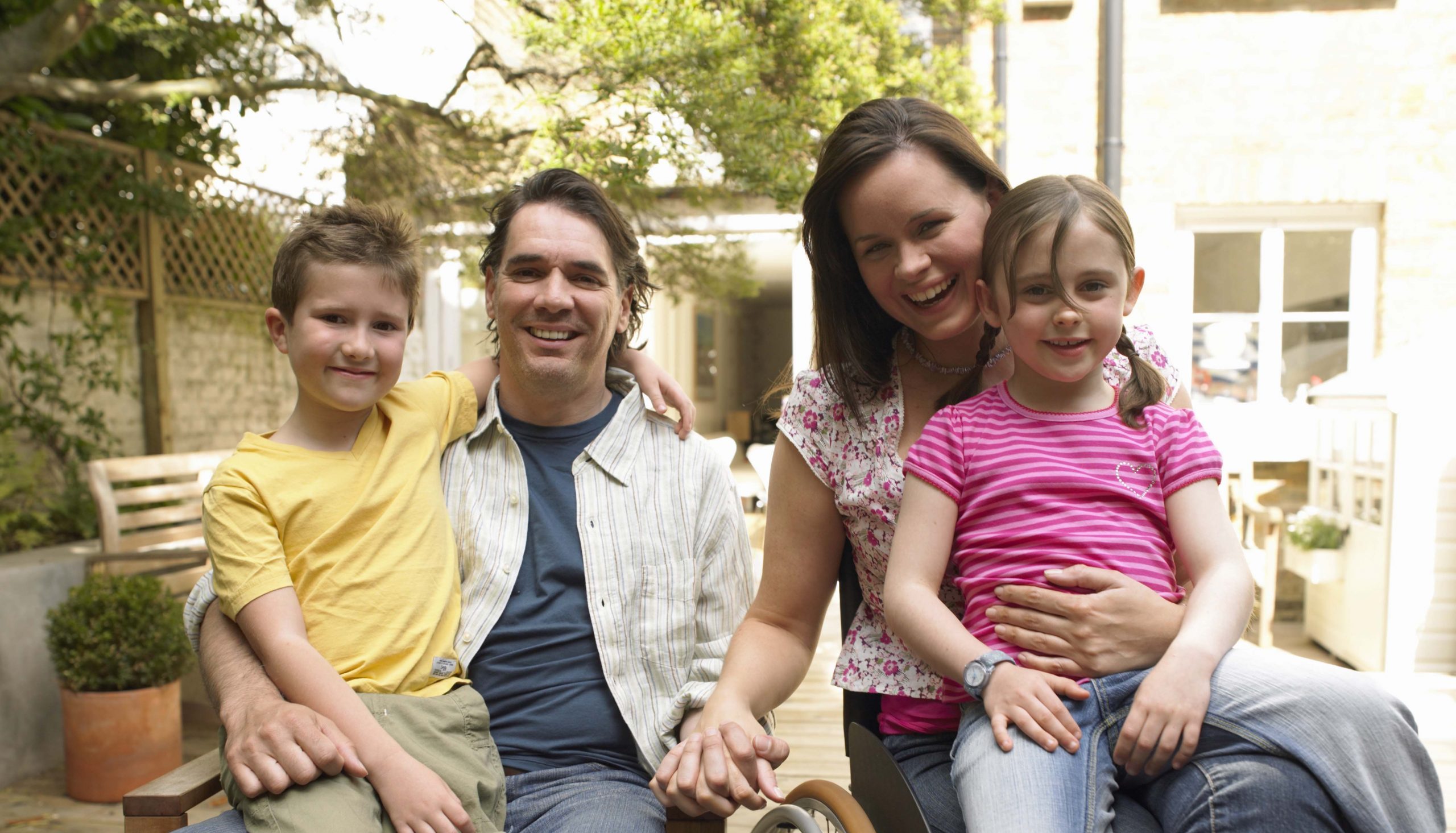ParaQuad CEO, David Clarke, sat down to reflect on ParaQuad’s incredible 60-year history and what’s in-store for their bright future.
“Charities are born from adversity,” wrote Dr. Stephen Judd (AM). They are not born as “start-ups” with a business plan backed by venture capital; they are born from the community, from people who see that something is wrong and want to do something about it. They don’t worry at the start about how they will fund their mission or how they will get things done – they just start. Such was the case for ParaQuad that celebrates 60 years of service this year.
Sixty years ago, Dr John Grant AO OBE, consultant neurosurgeon at Royal North Shore Hospital identified that there wasn’t sufficient help for those living with the effects of spinal injury to live well at home, and the specialised products and equipment many required were hard to get or not available. Dr Grant and others with a mutual interest got together and started the Paraplegic Association of NSW. These concerned citizens weren’t politicians or “influencers” as we would say in today’s parlance; they were mums and dads, brothers and sisters, or children of those affected by a spinal cord injury.
One thing that has remained true over time is that a spinal cord injury isn’t confined to that individual. Entire families and networks of friends become involved in lending support to those affected.
Sixty years ago, paraplegia was something of a rarity. Because the effects were so all-consuming for those affected, support was drawn from all quarters. The entertainment industry stood out in organising fundraisers with concerts, “variety bashes” and auctions. Support also came from the racing industry and auto-clubs.
Gradually things began to change. Necessary products like urinary catheters, wound dressings and nutritional supplements were easier to buy. Wheelchairs were more accessible and their designs and functionality improved. Today, wheelchairs are tailored to an individual’s height, weight and usage requirements.
In the past, the focus was to support people living with spinal cord injuries through their initial trauma – and survive. Today, that focus has shifted to making the environment more accessible and supportive for people to live a full and productive life after their spinal injury.
There is an excellent quote from an episode of Grand Designs UK where a retired soldier injured in the war in Afghanistan states “It is only my environment that makes me disabled. If my environment works for me, I don’t have a disability anymore.” While this statement can’t be applied universally, it highlights two things; firstly, the importance of doing all we can to remove impediments to an individual’s ability to function at their best. Secondly, every person’s situation and needs are different – and so must be the solutions we help to deliver.
Understanding these unique needs has been a driving force for ParaQuad to continually improve our services and support throughout the community. Advancements in medical treatment and support have also meant that those living with effects to their upper limbs has become an increasing need, and in 1971 the organisation became the Paraplegic and Quadriplegic Association of NSW.
Today, the estimated number of people in Australia living with the effects of a spinal cord injury sits at around 20,000 individuals across the country. People living with spinal cord injury live anywhere, from major city centres to the outback, from places where support is around the corner or hundreds of kilometres away. Yet, we need to ensure we provide support where and when it is required.
That’s what ParaQuad NSW is doing today. We still deliver upon our founding principles. But today, we have 340 employees providing clinical services, in-home support, accommodation services and a vast range of products and equipment tailored to individual needs.
The National Disability Insurance Scheme (NDIS) came into play in 2013 and promises to be the most comprehensive and far-reaching support scheme for people living with a disability, at least in Australia and possibly the world. It is not without its problems, people can find it hard to navigate and we would like to see eligibility extended for those over the age of 65. However, for many, the NDIS has been a life-changer.
More recently, we can’t look past the most life-changing event of our time, the first global pandemic in 100 years. With an organisation that is so hands-on in delivering services, we could not merely “work remotely” during Covid. Our care staff, clinicians, and warehouse employees had to remain on the frontline. Over the past 12 months, ParaQuad NSW has ensured our services were, and still are, being delivered in a way that protects both our clients and staff from infection. I am pleased to report that, through sound management, we have kept the disease at bay.
Looking forward, the path that brought ParaQuad from a small community-based initiative of a dedicated few to a great many, looks very bright. We continue to develop our core values to deliver a broader range of products and services across Australia, so we can provide care and value no matter what a person’s needs may be.
